Let’s get the sad news outta the way first: the WNV red-tail died, despite all our efforts. If you’ll recall, I mentioned last week that I suspected he was in Phase 2; he struggled for two more days before giving up the fight.
Also, on Labor Day, two barred owls came in. While one showed no signs of injury, he could not stand—at all. This is usually a sign of a pelvic fracture, and since he also refused to eat—very unusual for a barred owl—I opted for euthanasia. Pelvic fractures in birds are very iffy as far as recovery, and chances for recovery are nonexistent if the bird goes on a hunger strike from stress.
The second barred owl seemed fine aside from a little swelling at his wrist; I was debating whether he needed x-rays, but he died overnight, so apparently there were internal injuries.
The Coop with the wing fracture didn’t make it in for x-rays; he died Monday night. Coops are high-stress birds, and it was more than likely stress rather than injury that led to his death.
The barred owl from last week’s update was released. It was a messy release; he hem-hawed around until I was about to turn the camera off, then he took off and made a godawful awkward landing in a tree. I did manage to get video of the release and a not-great shot of him in the tree after he got his wings under control. The shot was a long zoom and the camera decided to focus on the crabapples in front of the owl instead of the owl himself…
If you find injured birds or orphaned squirrels, the first thing to do is contain them safely.
For songbirds, a small cardboard box lined with paper towels or an old T-shirt will be fine. For raptors, use a larger box but also line it with paper towels or an old T-shirt. Once they’re safely contained, call a rehabber for further instructions. DO NOT FEED.
For gray or flying squirrels, DO NOT FEED. Place them in a cardboard box—a shoebox lined with an old T-shirt will be fine. For eyes-closed babies, place a heating pad on the lowest setting under one end of the box. If it’s an auto-off heating pad, check it frequently to make sure it’s on. No heating pad? Use Hot Hands or a similar product, wrapped in a paper towel and placed beneath the T-shirt in the box. No hand warmers? Fill a sock with rice and microwave it for a minute or so, then place it under the T-shirt in the box. Then call a rehabber for further instructions.
Keep in mind that, depending on the severity of Irma’s trek through Georgia, rehabbers may be without power as well, and roads may be impassable. Cell phones should still be functional, so you should be able to contact one of us, and if there will be a considerable delay in your getting the critters to us, we will provide you with emergency feeding instructions at that point. Please, please, puh-leez DO NOT FEED any injured/orphaned wildlife you find UNTIL YOU’VE SPOKEN WITH A REHABBER.
And for those of you in Florida already getting slammed and here in Georgia about to be slammed, batten down the hatches. It’s looking to be a rough few days.
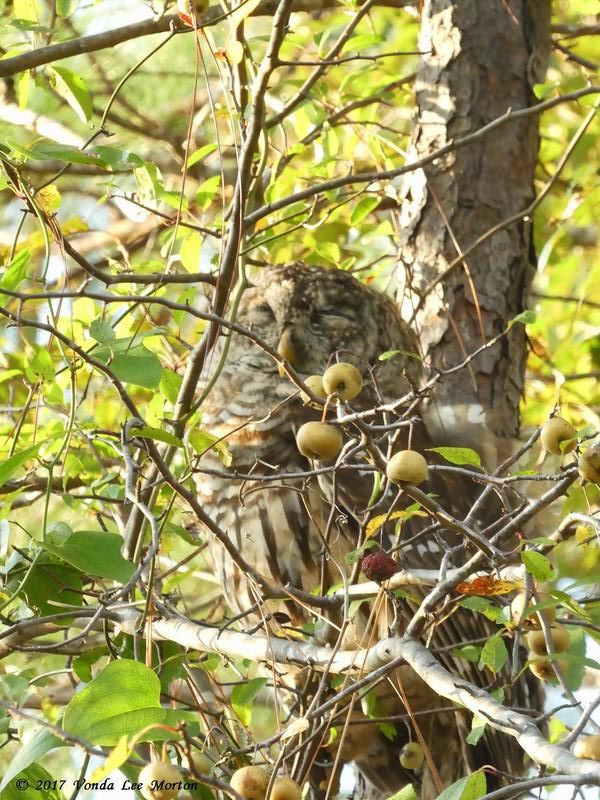
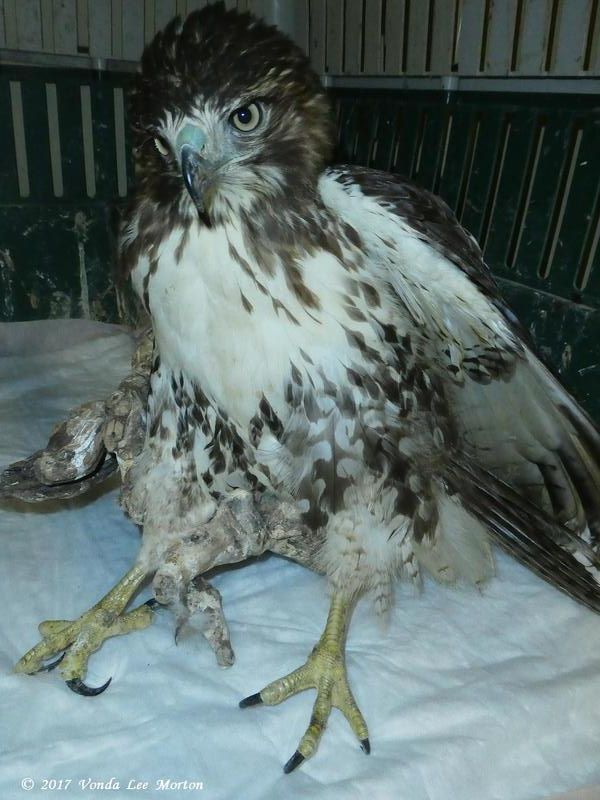
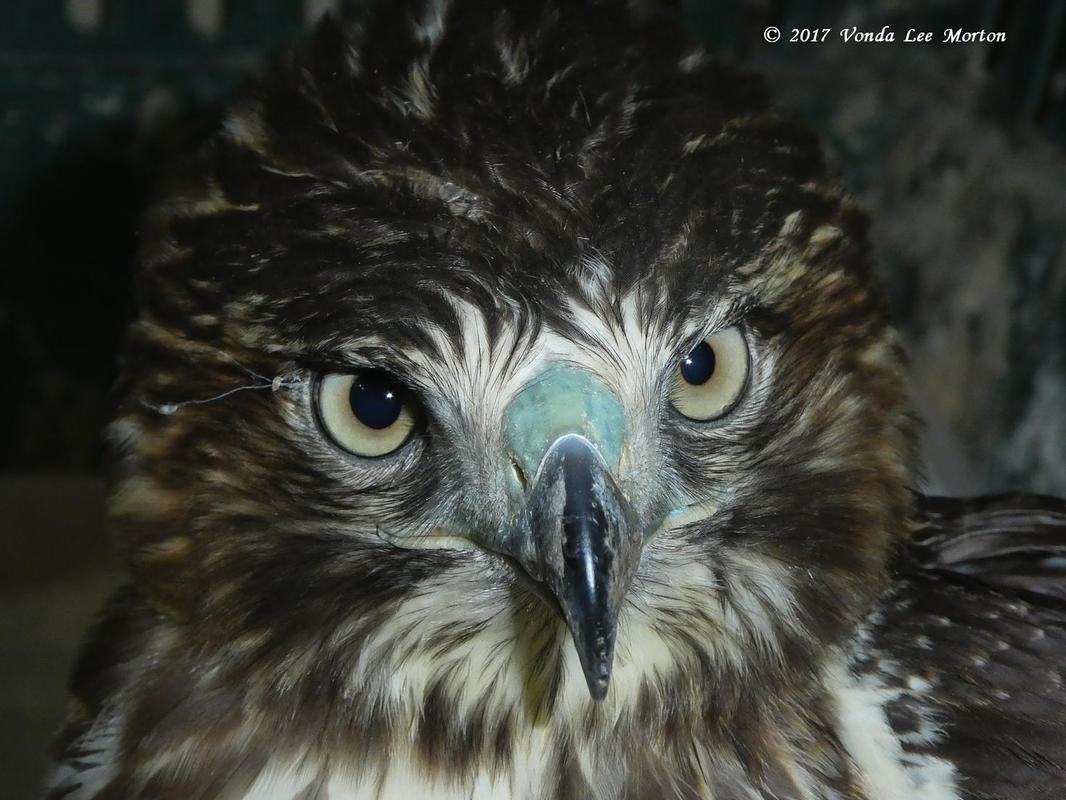
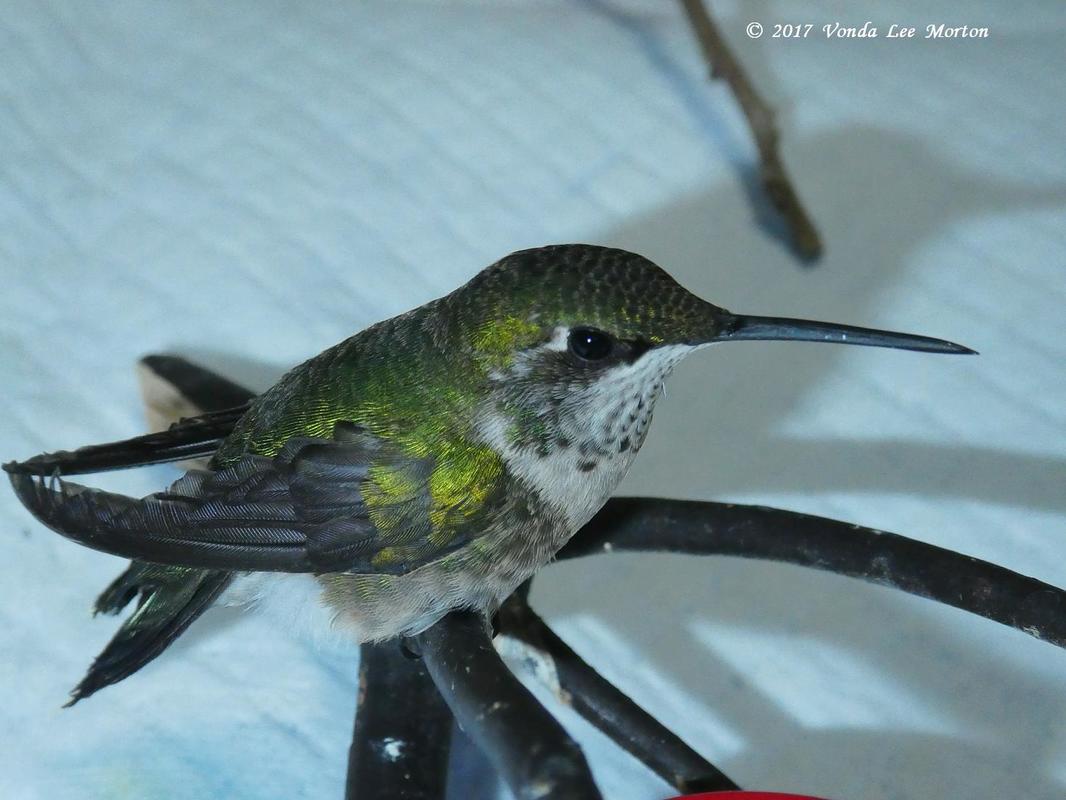
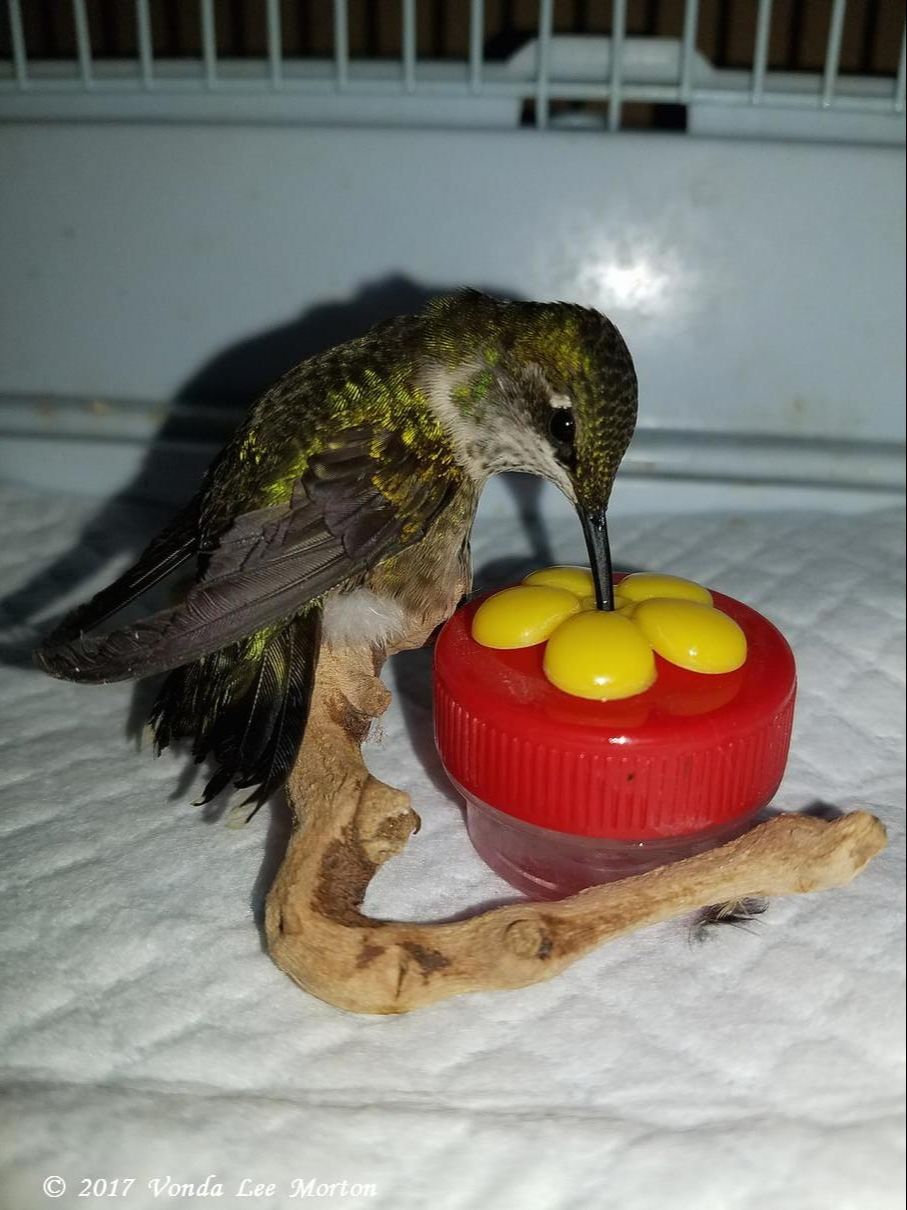
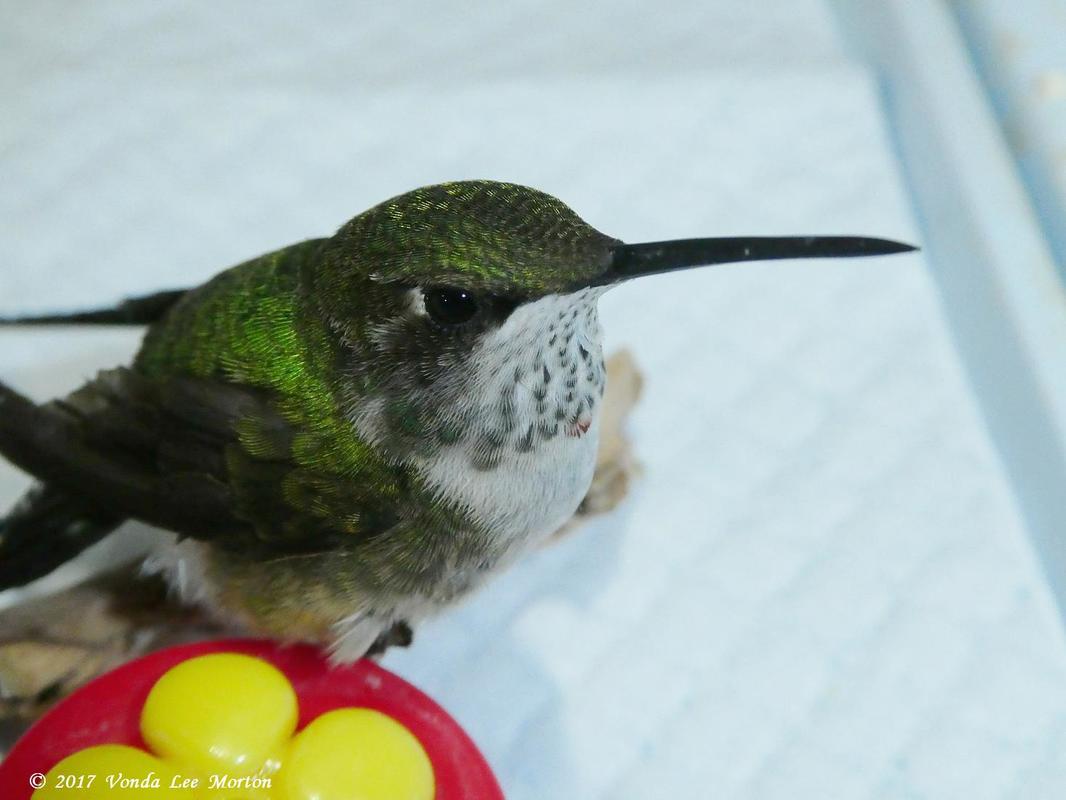
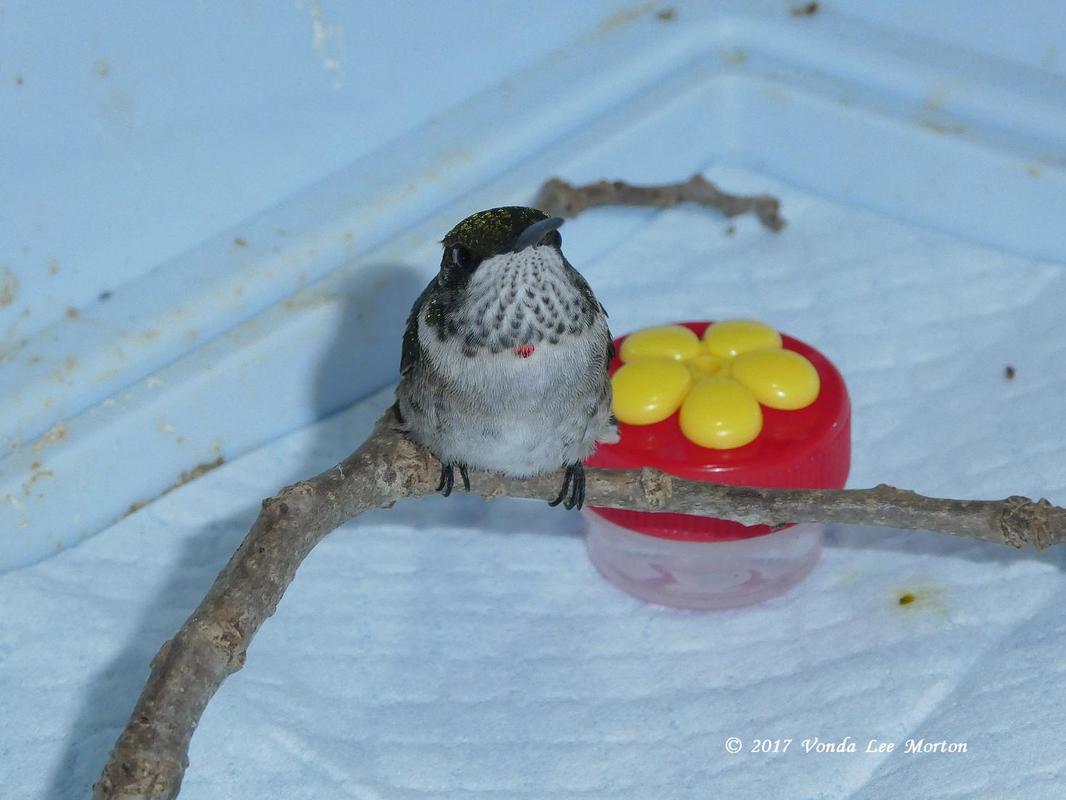
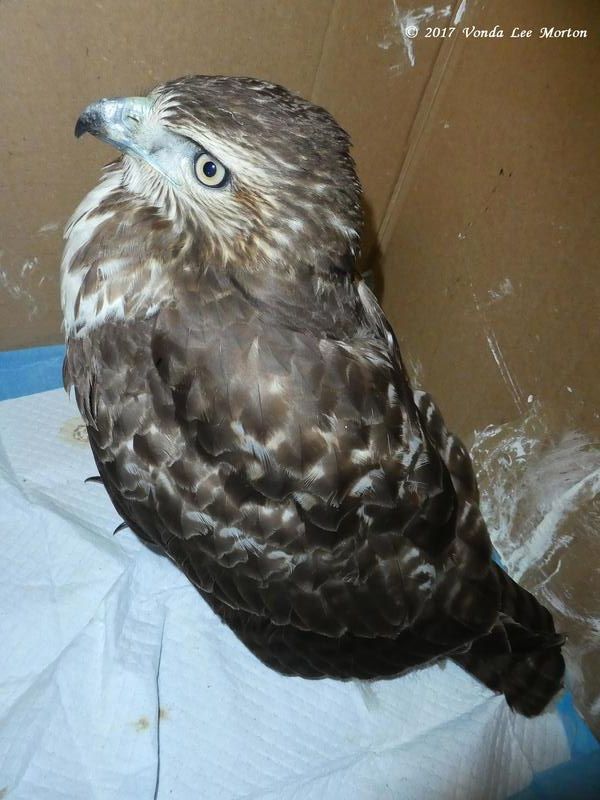
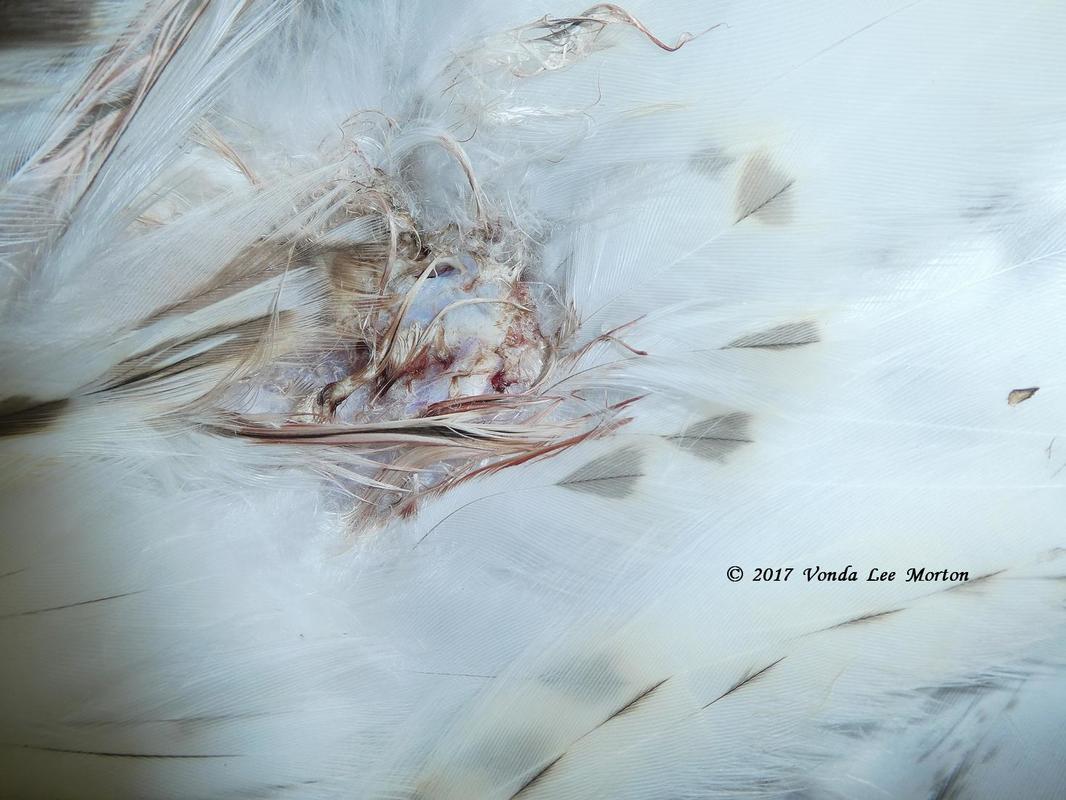
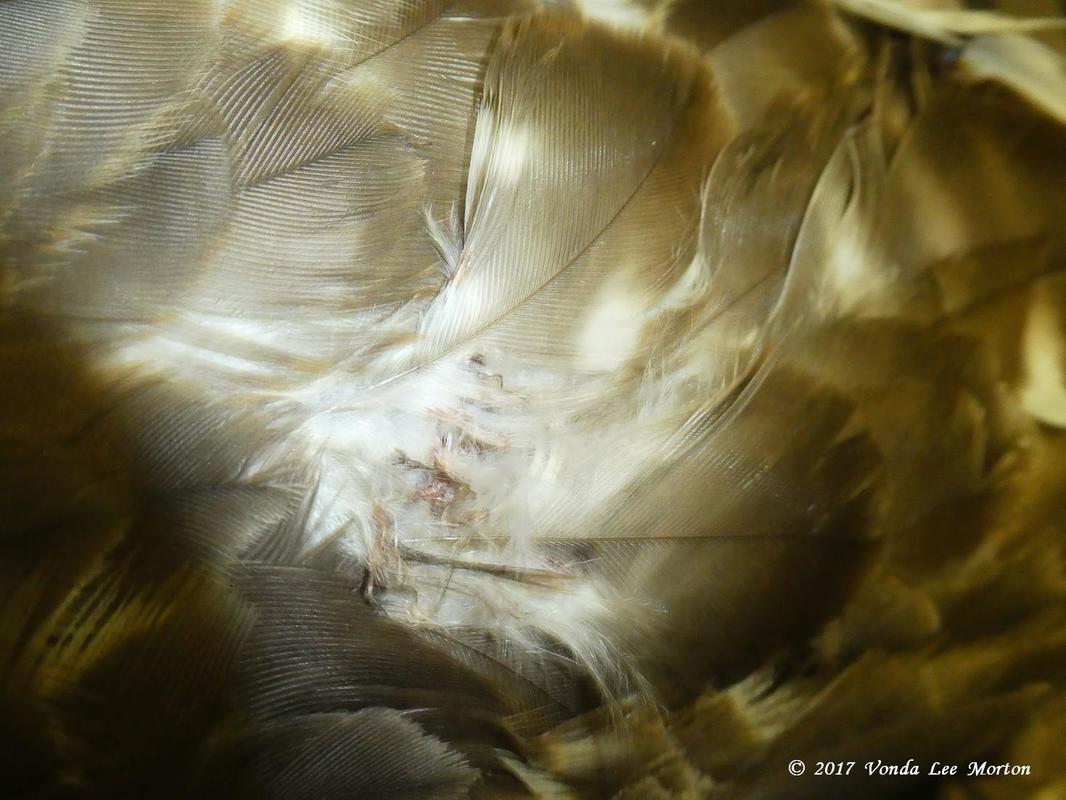
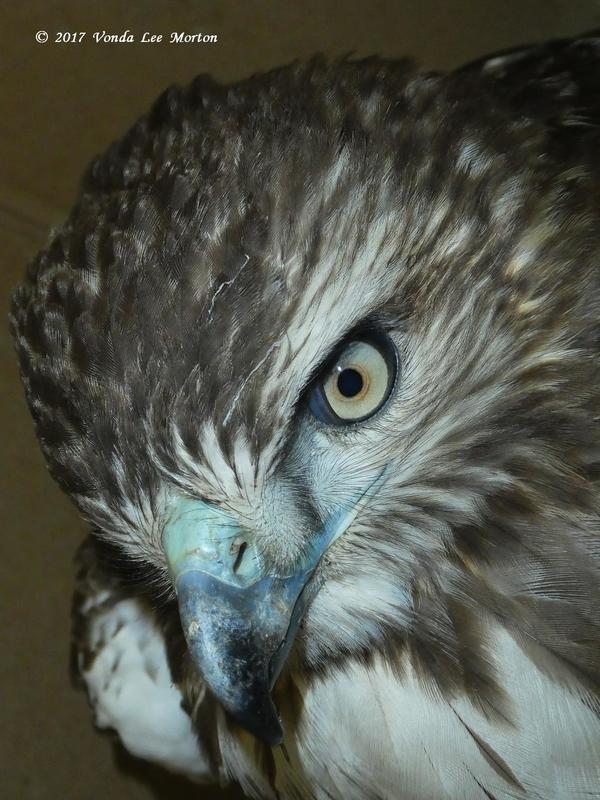
 RSS Feed
RSS Feed
